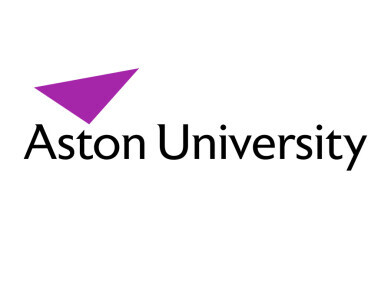News & Views
Recording Theory Holds Promise for Low Temperature Physics
Oct 02 2019
A recent collaboration involving a team from the University of Nottingham and The Institute of Photonic Sciences (Barcelona, Spain), shows that it is possible, in principle, to measure temperatures below a billionth of a Kelvin in a cold atomic gas without disturbing it significantly, beating current precision standards. 
In their study*, the researchers modelled a Bose–Einstein condensate—a unique state of matter achieved by cooling an atomic gas down to extremely low temperatures—using realistic experimental parameters. The thermometric technique would work by embedding an impurity atom into the atomic condensate, so that it acquires information about the temperature of the sample through interaction. In particular, its position and velocity become temperature-dependent so that, by monitoring them, the temperature can be inferred with high accuracy without disturbing the condensate.
Ultra-cold atomic gases are a very versatile experimental platform for a number of applications such as simulation of strongly correlated systems, quantum information processing, or the production of high-quality (cold) electron beams for electron microscopy or electron diffraction. For most of these applications it is essential to cool down the atomic gas to the lowest temperatures possible. Determining the temperature of these systems precisely is also critical for applications.
Mohammad Mehboudi, the lead author of the paper said: “The most common thermometric techniques currently available for cold atoms are destructive; that is, the sample is destroyed as a result of the measurement. On the other hand, non-destructive techniques usually lack the necessary accuracy at very low temperature. Our research provides a solution that overcomes both of these problems”.
Outstanding experimental achievements allow nowadays high precision thermometry at very low temperatures. However, depending on the specific experimental platform, the underlying physical mechanism, accuracy, and effective temperature range of different thermometric schemes varies appreciably. Dr Luis Correa also worked in the study and points out: “The newly-developed theoretical framework of quantum thermometry seeks to determine the fundamental limits on the precision of temperature measurements close to absolute zero; and it applies universally to any system. Importantly, this can provide clues as to how to improve current low-temperature thermometric standards.”
The study was partly funded by the European Research Council, which provides grants for scientific projects that enable Europe’s brightest minds to tackle research challenges such as climate change, health and ageing and economic governance.
*Published in Physical Review Letters
Digital Edition
Lab Asia 31.2 April 2024
April 2024
In This Edition Chromatography Articles - Approaches to troubleshooting an SPE method for the analysis of oligonucleotides (pt i) - High-precision liquid flow processes demand full fluidic c...
View all digital editions
Events
Apr 17 2024 Tokyo, Japan
Apr 22 2024 Marrakech, Morroco
Making Pharmaceuticals Exhibition & Conference
Apr 23 2024 Coventry, UK
Apr 23 2024 Kintex, South Korea
Apr 23 2024 Seoul, South Korea









.jpg)








